New Delhi, Dec 18 (V7N) — In a significant move toward implementing the 'one nation, one vote' policy, Indian Prime Minister Narendra Modi's government introduced two key bills in the Lok Sabha on Tuesday. The 129th Constitution Amendment Bill and the Union Territories Act Amendment Bill, presented by Union Law Minister Arjun Meghwal, have sparked fierce opposition from several political parties.
The bills aim to synchronise elections across India, a proposal the ruling BJP claims will save money, prevent disruptions to development projects, and boost the economy. Meghwal stated, "Holding all elections together will eliminate the repeated enforcement of the model code of conduct, ensuring smoother implementation of development initiatives."
However, opposition parties, including the Congress, Trinamool Congress, DMK, and the Left, have criticised the bills as a threat to India's federal structure and democratic ethos. They argue that the amendments could pave the way for centralised power and one-party dominance, undermining India's pluralistic system.
Amending the Indian Constitution is a complex process requiring a two-thirds majority in both houses of Parliament and approval from at least half the states. The BJP faces a challenge in the Rajya Sabha, where it lacks a majority. Despite this, the Modi government has proposed sending the bills to a Joint Parliamentary Committee (JPC), where BJP-aligned members hold a majority.
If passed, the new policy is unlikely to be implemented before 2034. Critics allege the move is politically motivated, designed to consolidate power under the BJP while presenting it as a step toward political stability and economic reform.
The opposition claims the bills contradict the spirit of India’s federal system. "This is not about reforms; it is about centralising power and undermining democracy," said a senior Congress leader. Trinamool Congress and DMK leaders echoed these concerns, calling the bills an attempt to dilute state autonomy.
With significant procedural hurdles and growing political resistance, the future of the 'one nation, one vote' policy remains uncertain. As the debate unfolds, the proposed reforms have intensified the polarisation between the ruling BJP and opposition parties, marking another contentious chapter in India's evolving democracy.
END/RH/AJ



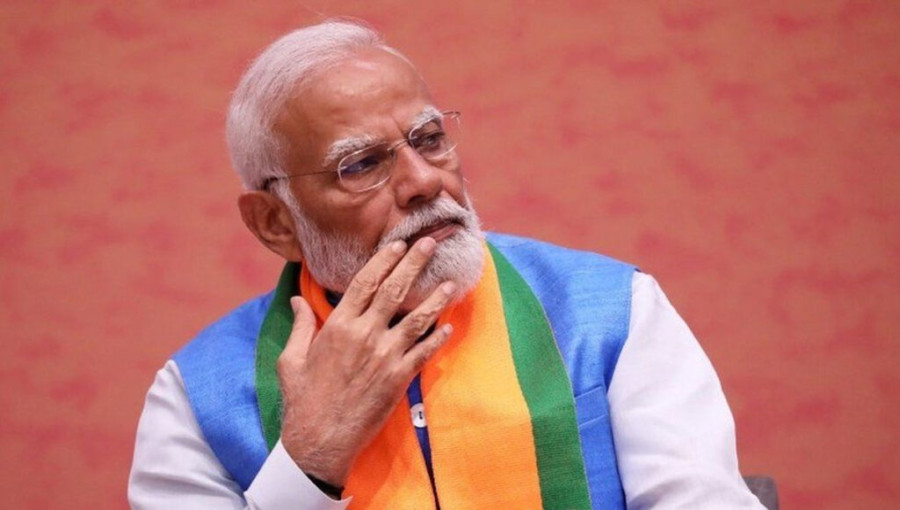

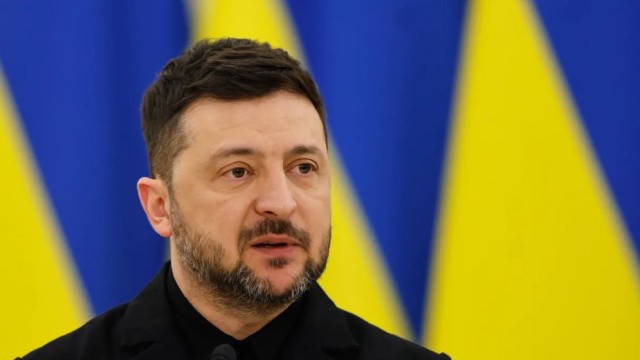
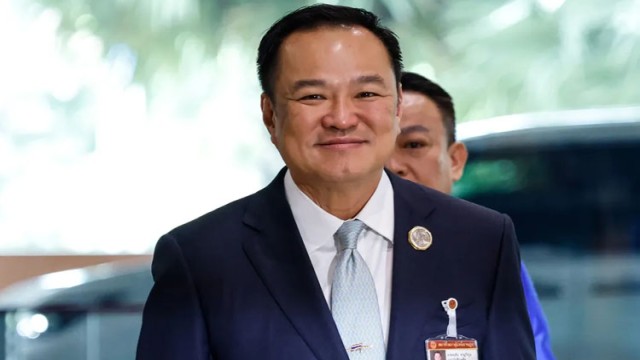
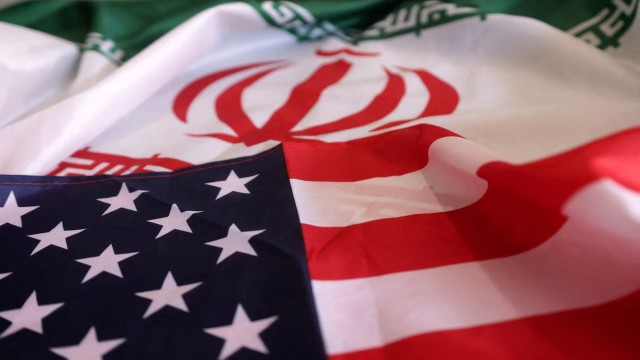
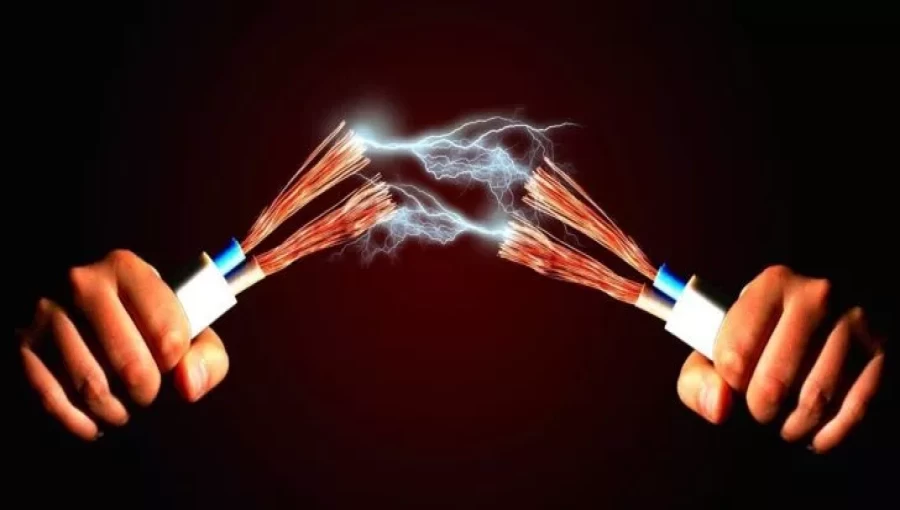
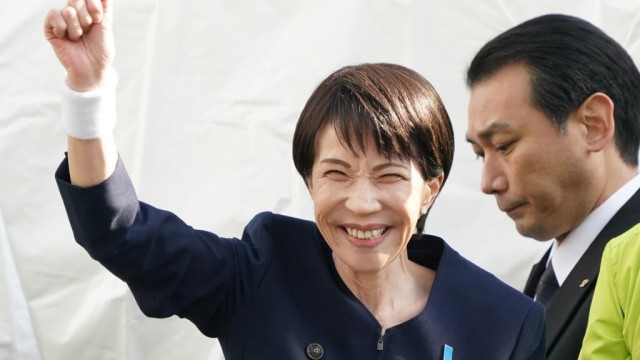

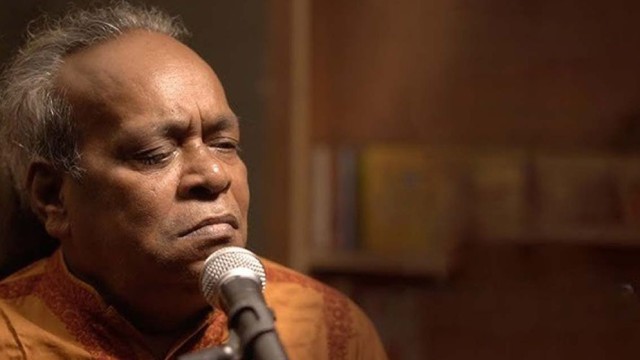
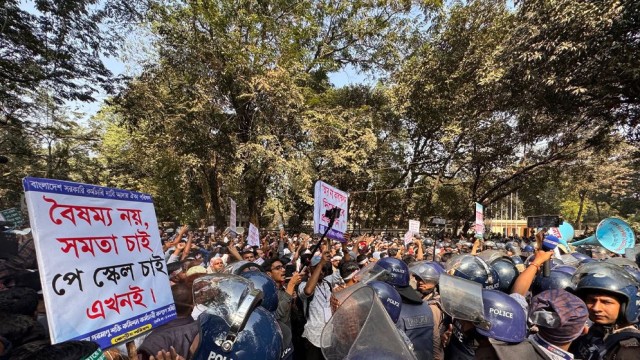
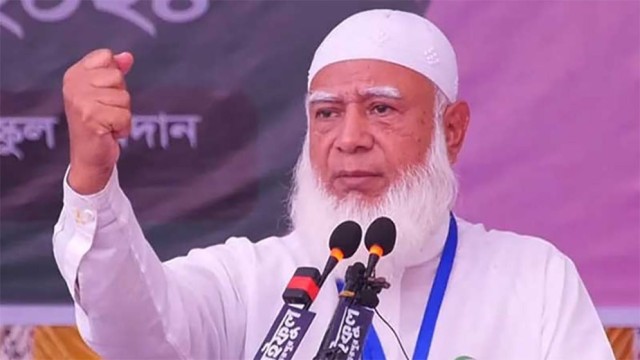
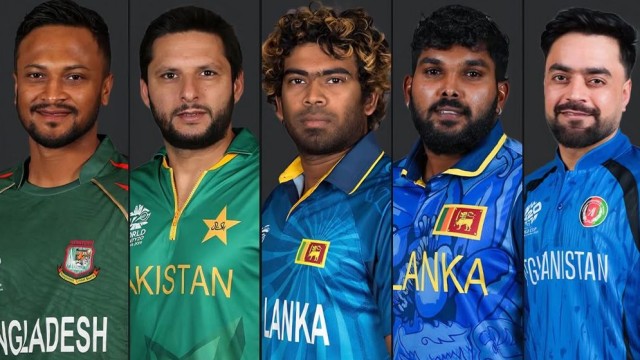


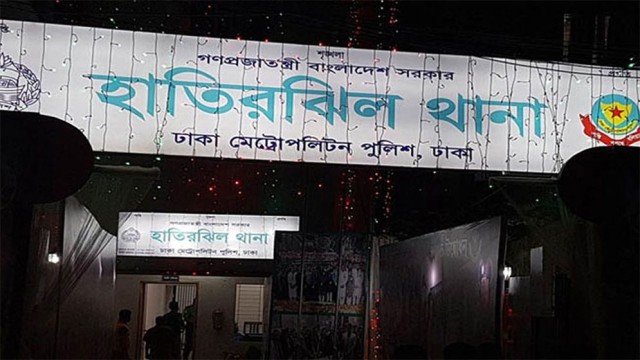
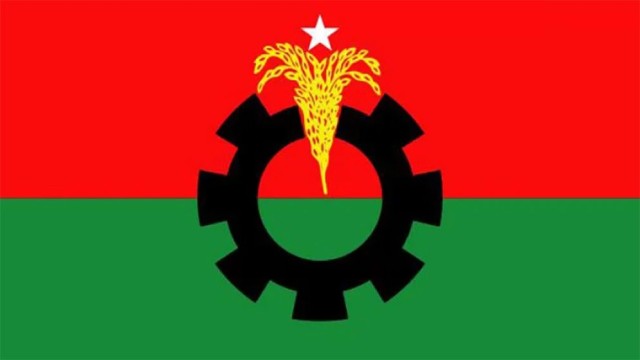











Comment: